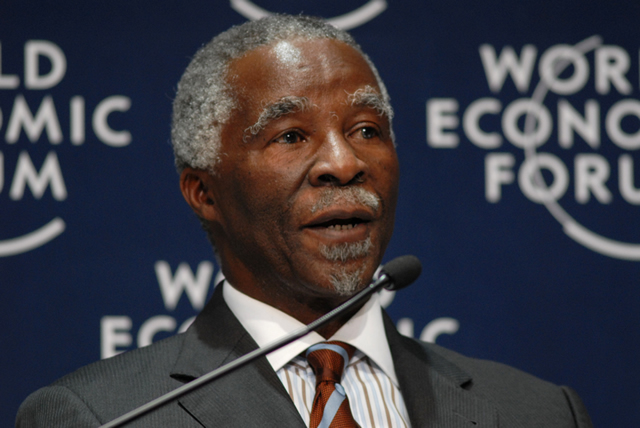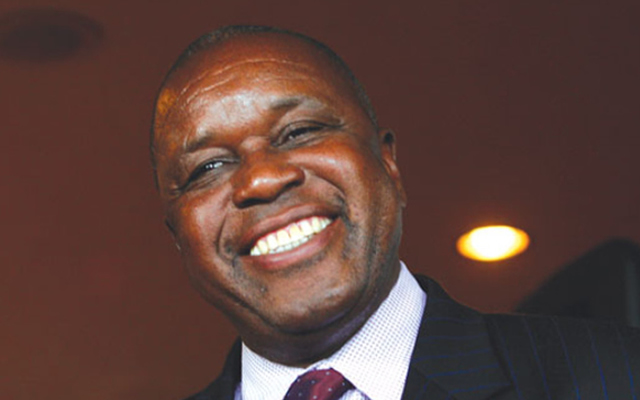Mbeki slams Khampepe report

Fidelis Munyoro Chief Court Reporter
South Africa’s former President Thabo Mbeki has said the 2002 Zimbabwean presidential elections were free and fair and dismissed claims that he connived to subvert democracy in Zimbabwe. A controversial report by South African judges Dikgang Moseneke and Sisi Khampepe made public recently after a six-year legal battle by South African based Mail and Guardian newspaper, claimed the elections were not credible.
Mr Mbeki said the South African government sent two missions to observe the 2002 presidential elections.
One of these was a multi-party South African Parliamentary Observer Mission (SAPOM), constituted and deployed by Parliament without any intervention by the South African government, while the other was the South African Observer Mission (SAOM), the larger of the two, sent by the South African government and consisted of 50 members of civil society.
This was led by Ambassador Sam Motsuenyane.
“The South African government did not pluck its views about the outcome of these elections out of thin air,” said Mr Mbeki in a letter published in the Mail & Guardian newspaper yesterday.
“These missions had comprehensive mandates to observe all elements of the elections consistent with universal practice.”
The letter comes after the public release of the Khampepe report, which found the elections could not be considered to be free, fair and credible.
Mr Mbeki said the two-member judicial observer mission had a very limited mandate and only targeted on matters of the “legal framework” relevant to the elections.
He said they were to report their findings to the President of South Africa.
“We studied the judges’ report and took careful note of its accounts and comments relating to its terms of reference about the legal framework for the conduct of the elections,” said Mr Mbeki.
“However, we found no summary in the judges’ report responding to its terms of reference about the legal framework and the elections.
“Given its composition and mandate, we came to the firm conclusion that it was not credibly possible for the judges’ mission to come to a conclusion about all major elements of the elections based on its own direct observations.”
Mr Mbeki said in any event there was no expectation or requirement that the judicial observer mission it should make such a determination.
“It was not by accident that the judges’ mission was directed to submit its report to the President of South Africa. That report was not meant for public distribution.”
Mbeki said the findings of the other two missions revealed the elections were free and credible and their findings were similar to those of other organisations that observed the elections.
He said the reality was that the judges’ mission had neither the capacity nor the mandate to carry out the observation work done by the SAPOM and the SAOM, and it exceeded both its capacity and its mandate.
Last week, Government dismissed the Khampepe report as a nullity that should be treated with the contempt it deserves.
Information, Media and Broadcasting Services Minister Professor Jonathan Moyo said bringing a report that is 12 years old in politics was not very useful, saying a day in politics can be like 1 000 years.
“One thing that is certain in politics is that events in politics do overtake a lot of opinions,” he said.
“That is one thing. The second thing is that truly it will be unreasonable for us to waste our time on a report that was written by two people on a nationwide election with over 8 000 polling stations in 10 provinces covering, at that time, 120 constituencies.”











Comments